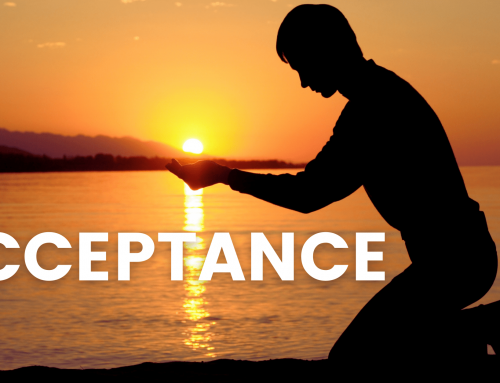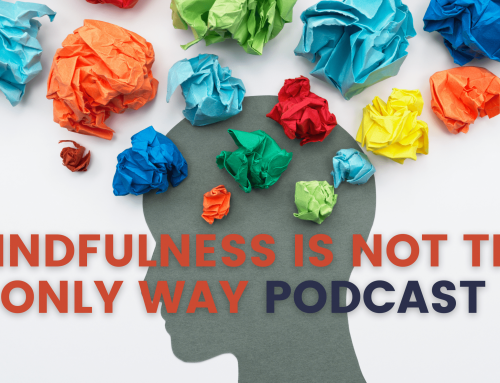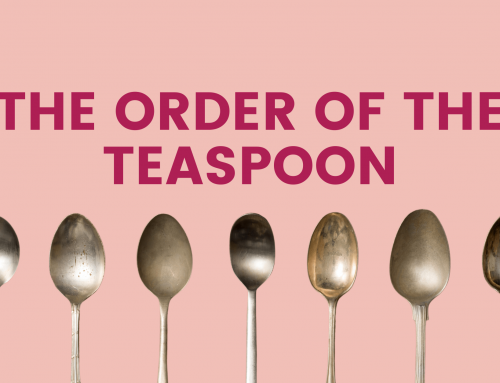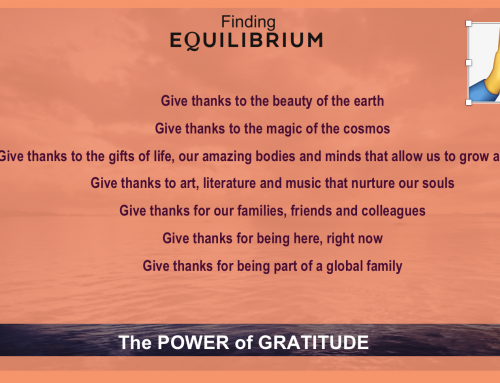I’ve been tracking many aspects of my health for a long-time now, but only stumbled upon the Quantified Self (QS) movement by chance.


What stood out for me was the passion of the attendees.
The conference is an unconference in the sense that the content comes from the delegates who told stories of personal experiments that they had done using data to support assumptions and help them achieve a number of wellbeing outcomes, such as:
- losing weight – one inspiring speaker lost 30kg through measuring and making small changes to her habits. Her conclusion was that ‘you get fit in the gym, but lose weight in the kitchen’
- optimising Testosterone in the body – one speaker found that sleep had the biggest impact on his Testosterone levels
- understanding and reduce stress levels by measuring heart rate, heart rate variability and breathing patterns to see what the main stressors are over time
- Improve productity – a speaker, Brian Crain, told of his experience of using the Pomodoro Time Management Technique to provide a complete record of productivity and make adjustments to increase his personal output
- sleep better – one speaker found that unresolved relationship issues affected her sleep more than eating meat, drinking alcohol or working late!
Suppliers spoke of new tools and technologies that, for instance:
- enable our clothes to be ‘smart clothes’ , measuring our heart rate and breathing patterns
- log our mood and discover what impacts it negatively so we can optimise for happiness
- understand what causes stress responses in our body, so we can adapt
- measure the quality of your sleep, a big issue for many people
Then there were the inevitable discussions on privacy and trust and what the balance should be between wearing devices that give away personal data in exchange for the insight benefits, but could have an impact on health insurance premiums or lead to other things that aren’t necessarily in the public interest! If you’re worried about this, do watch: Terms and Conditions May Apply.
And finally there was the debate about what more the QS tools and resources could achieve on a wider scale, going beyond the ‘self’ to the ‘community’ to the ‘world’:
- empowering us to speak for ourselves, rather than make broad assumptions;
- support health care practitioners to provide better care for their patients;
- support less fortunate communities to achieve better lives
- and, at a much bigger level, optimize the very Ecosystem of Life itself, with organisations like the Quantified Planet taking the lead.
In summary, I came away feeling inspired, highly motivated and excited about where QS can go to enable and positively impact the lives of millions in our highly connected world, as long as we act responsibly.
So If you’re interested in finding out more about the Quantified Self and want to get involved, here’s a list of the local meet ups.








